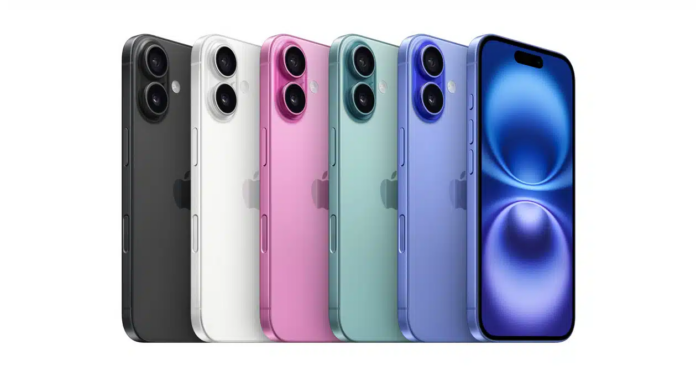Apple currently offers three iPhones with a Lightning connector: the iPhone 14, iPhone 14 Plus, and iPhone SE 3rd generation.
All three have just been taken off sale in 29 countries, including one that’s part of the U.K. Will other countries be affected?
It all comes down to an EU directive which comes into force today, Saturday, Dec. 28 2024. In a bid to curtail electronic waste, the EU required manufacturers to ensure that devices such as cameras, phones and tablets all used the same charging port (and therefore cable): USB-C.
Apple resisted this move, saying that such a requirement could stifle creativity.
However, the change went through, and Apple moved its iPhones to USB-C with the iPhone 15 onwards. All iPad, AirPods, Magic Mouse, and Magic Keyboard connectors, for instance, are also now USB-C only.
This happened on Friday, Dec. 27, when customers visiting Apple websites in all 27 EU countries found that only the iPhone 15, 15 Plus, iPhone 16, 16 Plus, iPhone 16 Pro and iPhone 16 Pro Max are now available for sale.
So you’re too late to get one of these phones if you live in the EU? Not quite. Third-party resellers are allowed to sell remaining stocks—the iPhone 14 is still on sale on Amazon in Spain right now, for instance.
And the ban reaches further. Switzerland is outside the EU but aligns with the bloc in multiple ways, so the ban applies there, too. And although the U.K. left the European Union in 2020, Northern Ireland has different trading rules devised to ensure there is no border between the republic of Ireland and the British area in the north. So, you can’t buy the affected phones in Belfast any more, either.
By the way, there’s no official Apple Store in the Republic, so there’s a measure of irony here.
Sales of the iPhone SE may be on the decline, as a new model is expected in Spring 2025, but it’s still not an ideal situation.
What are the ramifications beyond Europe? Other countries will have been watching with interest, though realistically the effects will be minimal. Even if legislation was brought in quickly, it would be unlikely to take effect before the iPhone 14 is retired everywhere, which is expected to happen this fall.
ALSO READ:


